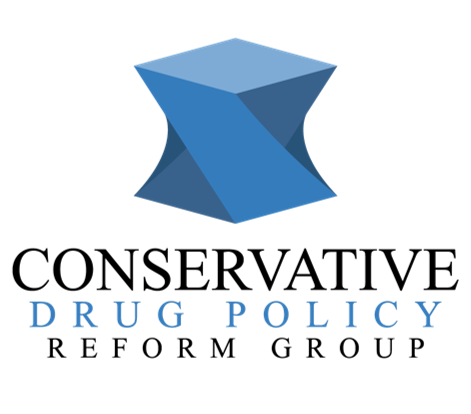“These drugs could really help people at the end of their life. The rules need to change.”
Leading scientists and MPs believe psychedelic drugs could prove hugely beneficial in palliative care/ for people with terminal conditions. To this end, the majority (68 percent) of the British public now supports calls to change restrictive UK regulations on the clinical study of these substances.
“It took one dose of psychedelics, lasting no more than a few hours, to help me cope with the crippling thoughts, fear and anxiety around my cancer diagnosis. Years later, I continue to lead a fuller life because of it,” says a doctor who was given twelve months to live in 2015.
“Existing real world evidence suggests psychedelics can offer huge improvements in quality of life for people with serious and terminal illness, in instances of depression, anxiety, Post Traumatic Stress Disorder (PTSD) and more.
Real world evidence also suggests drugs’ effectiveness in treating these conditions in other groups, including combat veterans.
The majority of the public (59 per cent) would consider therapy assisted by psychedelics for themselves “if they had a condition for which there was strong evidence it could be effective.”
“Psilocybin research is greatly impeded by out of date restrictions. The time has surely come to set aside the faulty assumptions of a previous era, which I now see as unethical and unjust.
Participants in psychedelic research are speaking loud and clear about the potential of this approach, and the public are listening. We need to listen to the rising voices calling for a new kind of mental health care that psychedelics could catalyse.”
YouGov polling was commissioned by Psilonautica, a UK think tank set up to investigate the future of psychedelic medicine and integrated therapy, in collaboration with Drug Science, the leading independent scientific body on drugs in the UK.
“In the UK, all psychedelics are classified as ‘Schedule 1’- the most severely restricted category. It’s reserved for drugs that are especially dangerous - which psychedelics certainly aren’t - and which have no special medical utility - which evidence suggests that they do.
This would greatly accelerate research and establish the facts. Without a doubt, it’s the most effective way to ascertain whether psychedelics could truly help thousands of terminally ill people.”
“Hearing from those who have been able to access psilocybin-assisted psychotherapy irrevocably establishes what access can do for the people that need it—it is hard to forget the vitality with which stage iv cancer survivor Dr. Lauren McDonald conveys her determination to facilitate access for others to the therapy that got her through it.
The ostensibly complex puzzle of psilocybin’s regulation reveals itself in these survivors’ lived experiences to have a single, inalienably appropriate solution: Reschedule Psilocybin - Move it to Schedule 2 for clinical research purposes.
In the here and now, psilocybin’s enduring placement in Schedule 1 makes it all but impossible for our researchers to conduct the calibre of research necessary to develop treatments that would alleviate the suffering of millions.
Demuring on rescheduling psilocybin to enable treatment research not only flies in the face of a growing body of evidence refuting any justification for its current status but is also against the will of a British public who have now evidenced their compassionate demand. But rescheduling is only the start. The government must now actively enable safe patient access to make up for the inexcusable delay policy unsupported by evidence has inflicted on suffering patients.”




